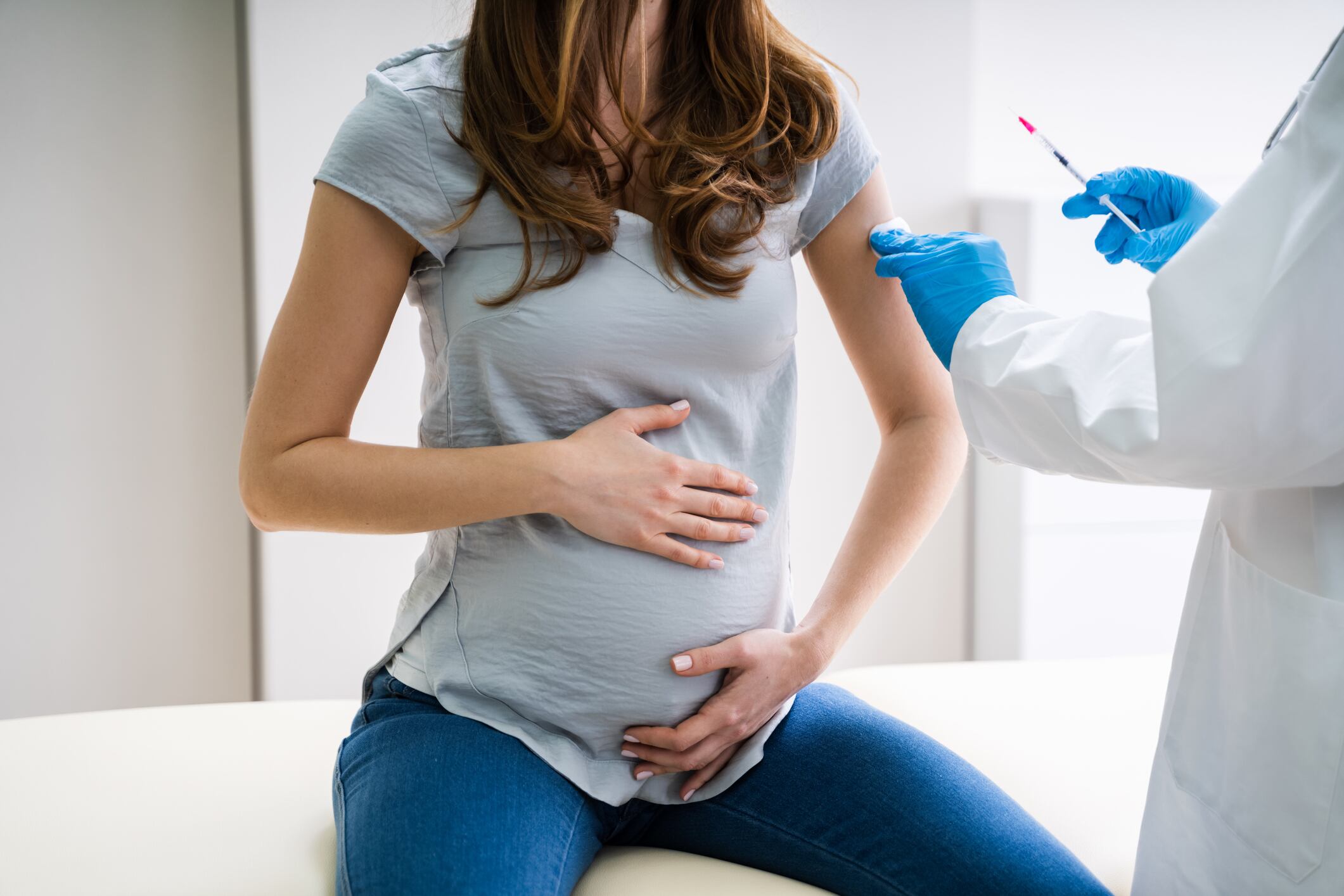The thyroid status of pregnant women is subject to substantial pregnancy‐related physiological changes. The steep increase in chorionic gonadotropin (hCG) levels during the first trimester may result in an increased production of thyroid hormones, making serum thyrotropin (TSH) levels decrease in the first trimester and increase in the second and third trimesters
Recent research has revealed a connection between thyroid malfunction and vitamin D deficiency in pregnant women. This finding is interesting, because both vitamin D deficiency and thyroid dysfunction are a matter of concern to women during pregnancy. Almost one in five pregnant women and one in three newborns suffer from vitamin D deficiency; overt hypothyroidism occurs in 0.3–0.5% of pregnancies; subclinical hypothyroidism occurs in 2–3%; thyroid autoantibodies are found in 5–15% of women during pregnancy.
What's more, autoimmune thyroid diseases (AITDs) are the most prevalent autoimmune diseases during pregnancy. Studies have reported lower serum vitamin D levels in patients with AITD compared with healthy controls. However, other studies have reported no significant association between serum vitamin D levels and thyroid autoimmunity. The nutritional status of iodine was not included in most of these studies.
Few studies have focused on the effect of the interaction between vitamin D and iodine status on thyroid disorder. The current study therefore aimed to discover the interactive effect of vitamin D and iodine status on thyroid function during pregnancy.
They found there was a significant interaction between high UIC (urinary iodine concentration) and severe vitamin D deficiency on TrAb (thyrotropin receptor antibody) positivity in the first trimester. TSH receptor antibodies (TRAb) are antibodies directed against the TSH receptor and high levels of these indicate higher thyroid hormone levels. The researchers say this suggests that there would be an excess risk caused by the additive interaction.
Key findings
A total of 4280 pregnant women were included in this study, carried out in a Shanghai hospital. Among them, 12.88% were suffering from severe vitamin D deficiency; only 10.63% had adequate vitamin D. The average serum 25(OH)D concentrations in the first trimester, second trimester, and third trimester were 19.57 ± 7.05, 20.06 ± 7.36, and 19.75 ± 7.16 ng/mL, respectively.
Correspondingly, 65.32%, 56.70%, and 50.31% of the pregnant women suffered from vitamin D deficiency in the first trimester, second trimester, and third trimesters.
Women with severe vitamin D deficiency had lower levels of free thyroxine (FT4) - a thyroid function indicator - compared with women with better vitamin status in the first trimester.
Women with severe vitamin D deficiency had higher TPO antibodies (TPOAb) levels - involved in the tissue destructive processes associated with the hypothyroidis - compared with women with better vitamin status in the third trimester.
Methods
This was a prospective population‐based birth cohort study, which was part of the Iodine Status in Pregnancy and Offspring Health Cohort (ISPOHC) study. The research followed pregnant women from pregnancy to foetal delivery from 2017 to 2018.
The consumption frequency and the consumption of various kinds of food by pregnant women were collected using a food frequency questionnaire (FFQ). Professionally investigators helped the pregnant women complete the questionnaires through face‐to‐face interviews.
Venous blood were taken and tested for vitamin D status as well as serum levels of TSH, free triiodothyronine (FT3), free thyroxine (FT4), total triiodothyronine (TT3), and total thyroxine (TT4). Iodine urinary tests were also carried out.
Source: Nutrients
https://doi.org/10.3390/nu14214484
"The Interactive Effects of Severe Vitamin D Deficiency and Iodine Nutrition Status on the Risk of Thyroid Disorder in Pregnant Women"
Lu, W.; Wang, Z.; Sun, Z.; Shi, Z.; Song, Q.; Cui, X.; Shen, L.; Qu, M.; Mai, S.; Zang, J.


